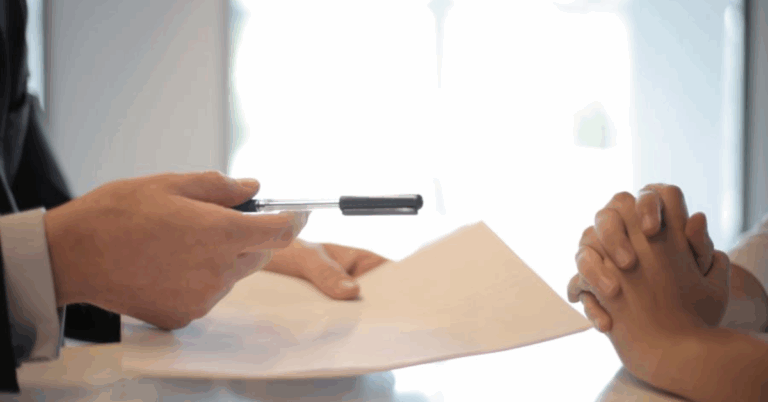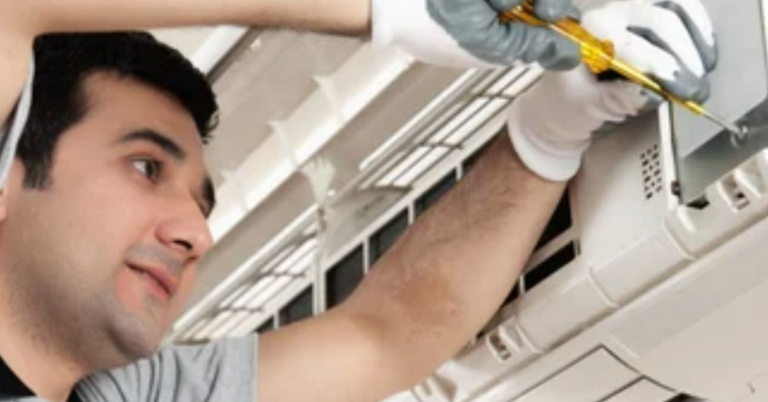Can a Notary Notarize Their Own Signature?
Notaries play a critical role in verifying identities and witnessing signatures to prevent fraud. Their impartiality and adherence to legal standards ensure that documents are authentic and trustworthy. However, a common question arises: can a Mobile Notary ever notarize their own signature? The answer, rooted in both ethical guidelines and statutory law, is a resounding no. By design, notarial laws across jurisdictions strictly prohibit self-notarization to avoid conflicts of interest and maintain public confidence in notarial acts. If you require the services of a professional who will never witness their own signature, consider scheduling a visit with a trusted Mobile Notary for all your document authentication needs.
When a signer is unable to leave a medical facility, a Hospital Notary Service can be arranged to visit and notarize documents onsite. These specialized services ensure that patients’ legal documents—such as power of attorney or advance directives—are executed properly without any compromise in impartiality. Despite the convenience, hospital notaries must also refrain from notarizing their own signatures; they must verify the signer’s identity, witness the signature, and affix their stamp and signature afterward. By engaging a hospital notary, individuals can have peace of mind knowing that their documents comply with legal requirements even under challenging circumstances.
In correctional environments, a Jail Notary Service provides vital support to inmates who need to execute legal documents but cannot access standard notarial offices. Jail notaries coordinate with facility administrators to witness signatures, confirm identities, and ensure all paperwork is notarized according to state regulations. Yet, just like their counterparts in other settings, jail notaries are legally barred from notarizing their own signatures under any circumstance. Such restrictions protect against abuse of power and safeguard the rights of the incarcerated, ensuring that all notarized documents maintain their integrity when reviewed by courts or external parties.
Emergencies often necessitate immediate notarization outside normal business hours or office locations. Emergency Notary Services step in to provide rapid response, often traveling to homes, hospitals, or accident scenes to authenticate critical documents before deadlines or court dates. Whether it’s an urgent power of attorney or last-minute legal filing, emergency notaries must remain objective and cannot notarize signatures they themselves have penned. This prohibition safeguards against fraudulent practices and upholds the trust necessary for notarized documents to hold up under legal scrutiny.
For travelers rushing to catch a flight or finalize travel documents, Airport Notary Services offer on-the-spot notarization at major terminals. These mobile professionals navigate hectic environments to witness signatures and certify passports, affidavits, or visa forms. Even in the fast-paced setting of an airport, notaries must adhere to strict ethical codes and legal statutes—self-notarization is expressly forbidden. By relying on airport notaries, travelers can ensure that their documents are notarized impartially and are accepted by border officials and consulates worldwide.
Understanding Notarial Impartiality
Notaries are entrusted with the power of public office to deter fraud by verifying the identity of signers and witnessing their acknowledgments. At the heart of this trust is the principle of impartiality: a notary must not have a financial or beneficial interest in the transaction they are notarizing. Allowing a notary to notarize their own signature would directly violate this principle, as the notary would be both the actor and the beneficiary of the notarial act. State statutes and professional guidelines uniformly forbid self-notarization to prevent any appearance of impropriety or undue influence.
Definition and Scope of Notarial Acts
Notarial acts typically include administering oaths, taking acknowledgments, witnessing signatures, and certifying copies of documents. In all these acts, a notary must confirm that the signer is mentally competent, acting voluntarily, and aware of the document’s contents. Self-notarization would circumvent these safeguards, eliminating the verification steps essential to the notarial process. Consequently, statutes clarify that notarial acts performed on one’s own documents or for one’s own benefit are invalid and subject to legal penalties.
Prohibition of Self-Notarization Across Jurisdictions
While specific notarial laws vary by state or country, the blanket prohibition against self-notarization is nearly universal. For example, the Uniform Law on Notarial Acts (ULONA) adopted by many U.S. states explicitly states that a notary shall not perform a notarial act in which the notary has a direct beneficial interest. Similar restrictions exist in international jurisdictions, reflecting a global consensus on the importance of an unbiased witness. Attempts to notarize one’s own signature typically render the notarization void, risking loss of validity for the entire document.
Penalties and Professional Repercussions
Violating self-notarization prohibitions can lead to severe consequences for a notary public, including fines, license suspension or revocation, and potential criminal charges. Because notaries are public officers, misconduct—such as notarizing one’s own signature—can be prosecuted under the state’s misuse of public office statutes. Additionally, any documents notarized in this manner may be challenged in court, leading to delays, financial losses, or the requirement to re-execute critical legal instruments under proper verification.
Ensuring Proper Notarial Procedures
Given the clear legal and ethical barriers against self-notarization, individuals and businesses must take proactive steps to ensure their documents are properly notarized:
-
Engage Qualified Notaries: Always verify a notary’s commission and credentials before entrusting them with sensitive documents, whether via a Mobile Notary, hospital, jail, emergency, or airport setting.
-
Plan Ahead: Schedule notarizations well before deadlines to avoid last-minute rushes that might tempt improper shortcuts.
-
Consult Legal Counsel: For complex transactions—such as real estate closings or international agreements—it may be prudent to involve an attorney and a licensed notary to oversee the process collaboratively.
By adhering to these best practices, signers can be confident that their notarized documents will withstand legal scrutiny and serve their intended purposes without challenge.
In conclusion, the strict prohibition against a notary notarizing their own signature underscores the profession’s dedication to impartiality and fraud prevention. Whether you require a notary at your home, hospital room, jail facility, emergency scene, or airport terminal, rest assured that notarial laws are designed to protect you—by ensuring that every signature is witnessed without bias. Always choose reputable notary services and plan your notarizations early to avoid complications and maintain the integrity of your critical documents.







